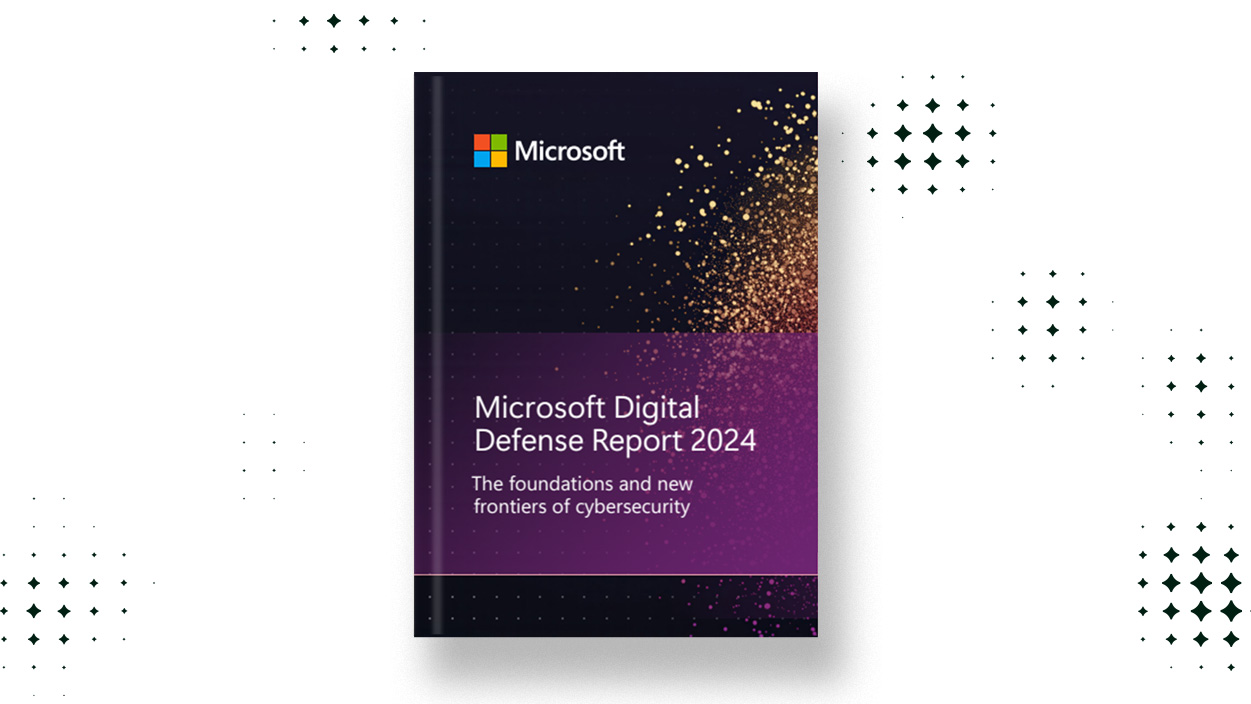ICANN Ends Private Auctions for gTLDs
- Domain Management

ICANN has announced that private auctions will no longer be allowed — which were previously used to resolve situations where multiple companies applied for the same gTLD.
This is a key change in the upcoming round of applications for new generic top-level domains (gTLDs), the extensions found at the end of website addresses, such as ".com" or ".org."
Background: What Are Private Auctions?
In the past, if multiple companies applied for the same gTLD (for example, if two companies wanted ".shop"), ICANN allowed several ways to resolve the conflict. One option was an Auction of Last Resort, where the company that bid the highest got the domain, and the money went to ICANN.

However, companies also used private auctions, where losing bidders would receive a share of the winning bid, which created an incentive for companies to apply for domains they didn't necessarily want just to profit from the auction process. This led to concerns about fairness and "gaming the system."
What’s Changing in ICANN’s New gTLD Program?
In the upcoming round, ICANN has made three important changes:
- No Private Auctions: Private auctions are no longer allowed. This should reduce the incentive for companies to apply for domains they don’t really want.
- Alternate Strings: Companies applying for a gTLD can now submit alternative options. If their first choice conflicts with another applicant's, they can switch to a different name, potentially avoiding an auction altogether.
- Same Auction Method: If a conflict does need to be resolved by auction, ICANN will continue using the "ascending clock second-price auction" method. This means the highest bidder wins, but they only pay the amount of the second-highest bid, which is seen as a fairer system.
"ICANN’s decision to end private auctions is a positive change since it addresses concerns about fairness and reduces the risk of speculative applications as well as promoting a more transparent gTLD process. While discussions around this decision continue, we, as a registrar and an active part of the ICANN community, support these updates and are committed to guiding our clients through the evolving gTLD landscape."
- Jeanett Tesfaledet, Registrar Compliance Manager
Why Does This Matter?
The ban on private auctions is meant to make for a fairer and more transparent process. It will also discourage companies from playing the system and could lead to fewer unnecessary conflicts over gTLDs. In addition, companies with smaller budgets may have a better chance of securing a gTLD they really want, without competing against large companies just trying to profit from private auctions.
This change is part of ICANN’s efforts to refine the gTLD program ahead of the next application round in 2026. Removing private auctions should reduce uncertainty and allow the remaining work to proceed smoothly.

Need Help Registering a Domain?
Get in touch with us today for expert assistance!


